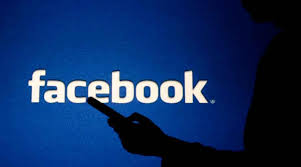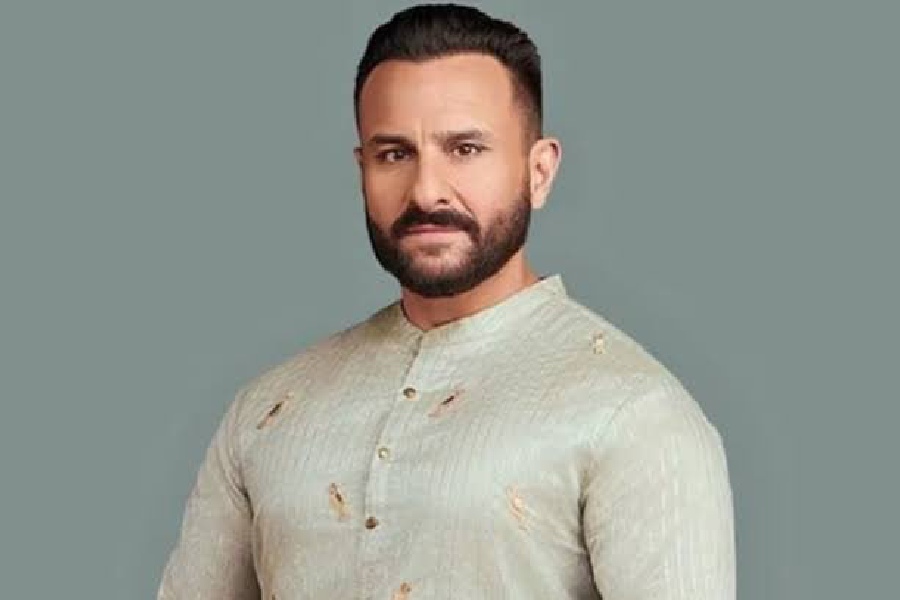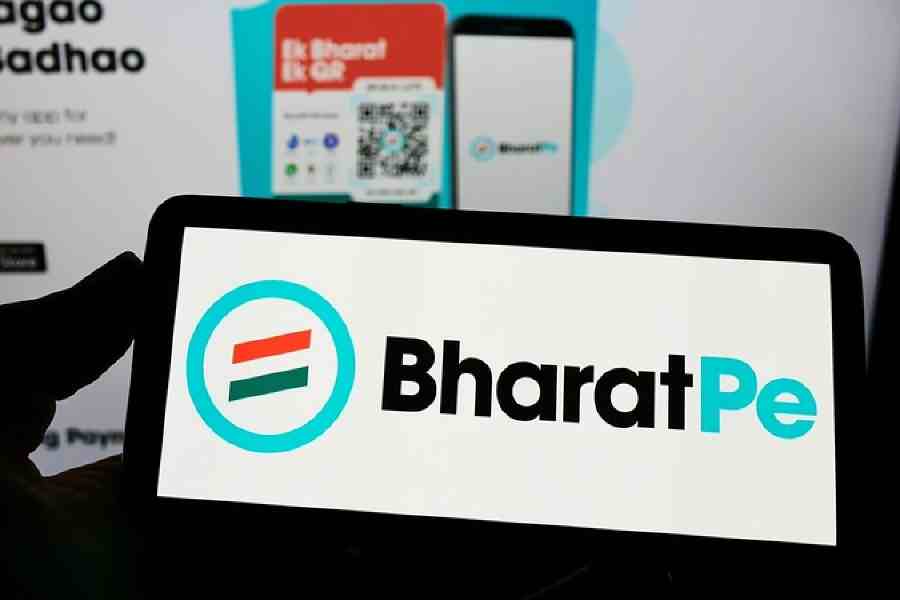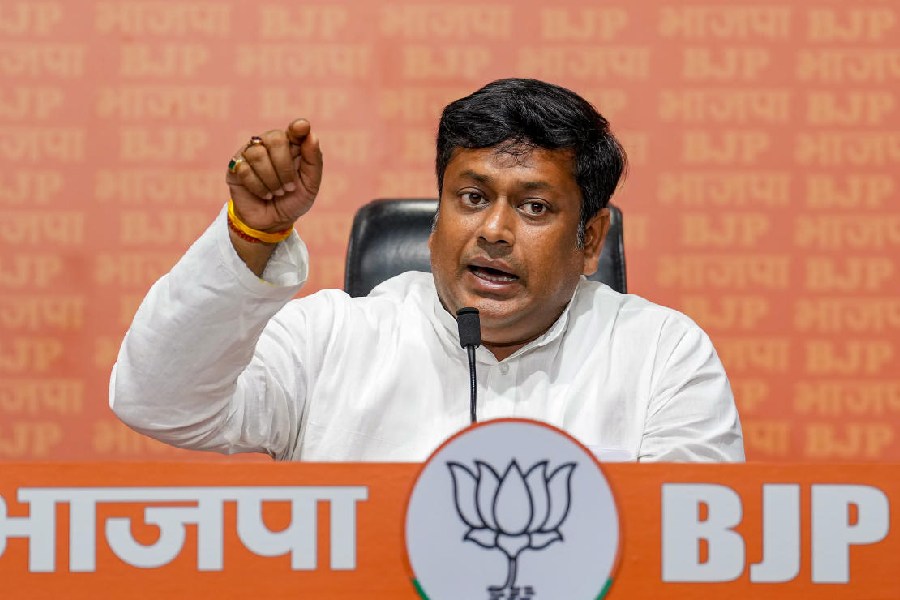Facebook Inc’s long-delayed independent oversight board plans to launch in mid-late October, just before the November US presidential election, although a board member said he did not know whether it would hear cases related to the contest.
The board, created by Facebook in response to criticism of its handling of problematic content, will initially have the power to review decisions to take down posts from Facebook and Instagram, and recommend policy changes.
Oversight board member Alan Rusbridger told Reuters in an interview that the board was now aiming for an October launch. A spokesman confirmed that timetable, saying the launch, originally planned for last year, had also been slowed by the coronavirus pandemic.
Rusbridger said he did not know whether the board would hear cases about content connected to the US presidential election, but he said cases involving President Donald Trump’s posts were not among those that the board had looked at for trial runs.
“We haven’t done a Trump case,” said Rusbridger, a former editor-in-chief of Britain’s Guardian newspaper. “We have done a nudity case, we’ve done a blasphemy case.”
The board will initially review only appeals over posts that Facebook has taken down, rather than content the company decides to leave up. Some experts say that means it will be of little use in addressing problems such as misinformation and hate speech.
It will also at first only deal with individual posts, not Facebook ads, or groups.
Rusbridger declined to comment on Facebook’s policy of exempting politicians’ speech and ads from its third-party fact-checking programme, though he said: “I can’t imagine we won’t have a case brought to us on that.”










